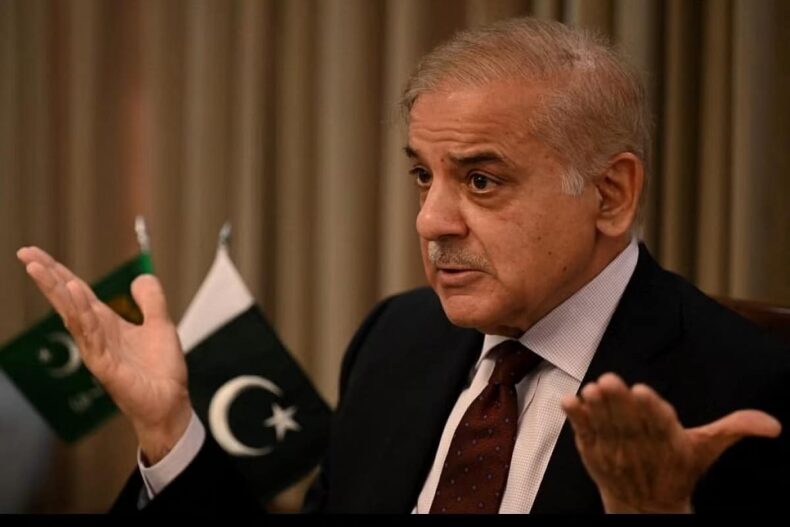Pakistan has received financial support from the UAE and China totaling $1.3 billion to boost its ailing economy, meet the conditions for an International Monetary Fund bailout, and alleviate its acute balance of payments crisis.

Pakistan has received a much-needed financial boost from the United Arab Emirates (UAE) and China, totaling $1.3 billion. The funds come as Pakistan seeks to meet the conditions for the resumption of an International Monetary Fund (IMF) bailout.Pakistan’s foreign exchange reserves, which are currently at a critically low level of $4.04 billion and can cover only four weeks of imports, received a boost from the UAE’s commitment of $1 billion and the release of the final installment of China’s $1.3 billion loan. Despite a $6.5 billion bailout package from the IMF in 2019, Pakistan has failed to meet the conditions and has only received $3 billion so far.
Pakistan’s economic struggles
The economy has collapsed amidst an ongoing political turmoil. The rupee has plummeted, inflation has reached decades-high levels, and the country has faced devastating floods and a major energy shortage. Year-on-year inflation hit 35.37% in March, the highest in nearly five decades, while the average inflation rate for the past year was 27.26%. The country’s enormous national debt, currently $274 billion, or nearly 90% of gross domestic product, makes country particularly vulnerable to economic shocks.

The UAE and China offer support
Finance Minister Ishaq Dar announced the UAE’s financial support on Twitter, saying that the central bank was preparing the necessary documentation to receive the deposit. This development comes after Saudi Arabia approved an additional $2 billion in deposits, and China offered the final disbursement of $300 million from the refinancing by the Industrial and Commercial Bank.
Pakistan has complied with the actions demanded by the IMF, including reversing subsidies in power, export, and farming sectors, hikes in energy and fuel prices, and raising new taxes. Country will receive an additional $1.4 billion from the IMF before the program ends in June, and this will also enable the country to access other forms of bilateral and multilateral financing.
The UAE’s commitment is one of the last requirements of the IMF before it would release the crucial $1.1 billion tranche. Faisal Shaji, Chief Strategy Officer at Standard Capital Securities, believes that the funding would put Pakistan back on the IMF-laid track, and he is optimistic that the IMF funding will resume now. The IMF insists that Pakistan must boost its low tax base, end tax exemptions for the export sector, and raise artificially low petrol, electricity, and gas prices meant to help low-income families. The resumption of the IMF bailout program will help Pakistan avoid default and pave the way for long-term economic stability.
The financial support from the UAE and China comes as a much-needed relief for Pakistan’s struggling economy. It gives necessary financial support to meet the conditions for the resumption of an IMF bailout, which will help the country avoid default and pave the way for long-term economic stability. The commitment by friendly countries rolling over existing loans or providing additional support is crucial for Pakistan’s economic recovery. The IMF’s insistence on structural reforms to increase revenue collection and reduce expenditure is essential for Pakistan to attain economic stability in the long run.













